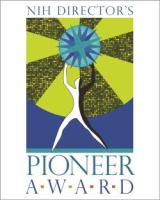2022 Awardees
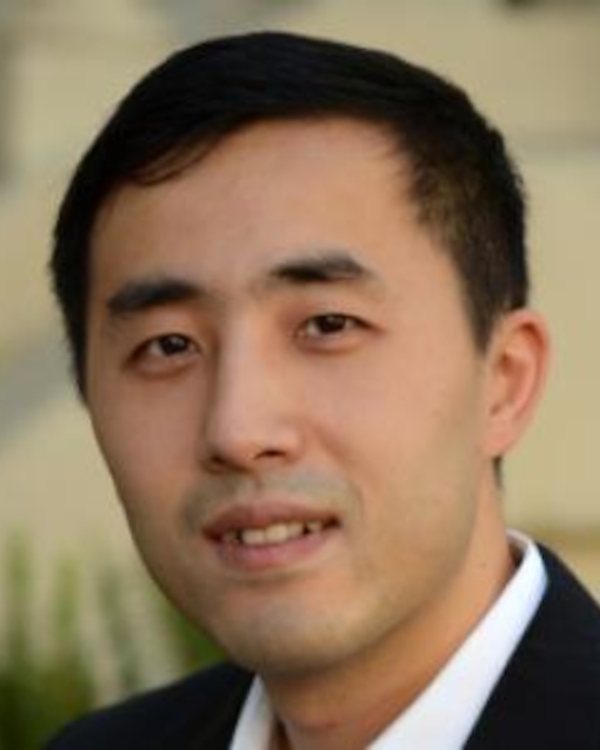
Long Cai, Ph.D.
California Institute of Technology
Project Title: Single Cell Analysis of the Kinome
Grant ID: DP1-NS131408
Long Cai is a Professor of Biology and Biological Engineering at Caltech. His lab develops spatial genomics tools that allow the simultaneous imaging of over 10,000 genes in single cells within their native spatial context. This technology has opened a new way to directly visualize the genome in situ with microscopy, with many applications in neuroscience, stem cell biology, developmental biology and precision medicine. For this work, Dr. Cai has received the NIH New Innovator Award, Transformative Award, Paul G. Allen Frontiers Foundation Distinguished Investigator Award.
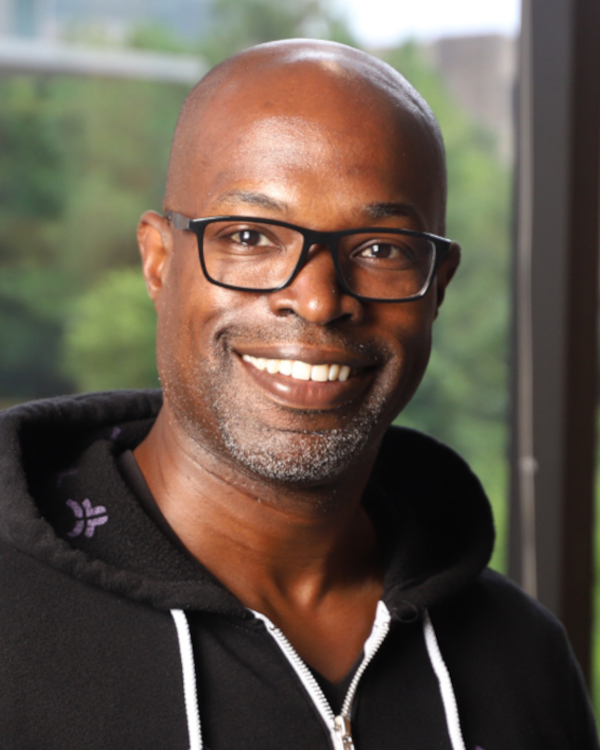
Kafui Dzirasa, M.D., Ph.D.
Duke University
Project Title: Precision Editing of Neural Circuits Using Engineered Electrical Synapses
Grant ID: DP1-MH132709
Kafui Dzirasa was an undergraduate Meyerhoff Scholar at the University of Maryland Baltimore County. He completed his MD/PhD and General Psychiatry Residency at Duke University, where his graduate and postdoctoral training was under the guidance of 2010 NIH Pioneer Awardee Miguel Nicolelis. Dr. Dzirasa now works to understand how the brain utilizes electricity to create emotions. His Collective aims to cure psychiatric disorders through scientific discovery, technology development, advocacy, public engagement, and community empowerment.

Yamuna Krishnan, Ph.D.
University of Chicago
Project Title: Intracellular Electrophysiology: An Electrochemical Atlas of Organelles
Grant ID: DP1-GM149751
Funded by the National Center for Complementary and Integrative Health & Common Fund
Yamuna Krishnan is a Professor of Chemistry at The University of Chicago since 2014. Her laboratory developed the interface between cell biology and DNA nanotechnology by chemically imaging organelles or modulating organelle function to achieve control over cell function. Drawing on principles from chemistry, biophysics and cell biology, these technologies provide insights into the electrical behavior of organelles in their native environment. Yamuna received her PhD from the Indian Institute of Science in Bangalore, was an 1851 Fellow at the University of Cambridge, UK and started her independent lab in 2005 at the National Centre for Biological Sciences in Bangalore before moving to The University of Chicago.
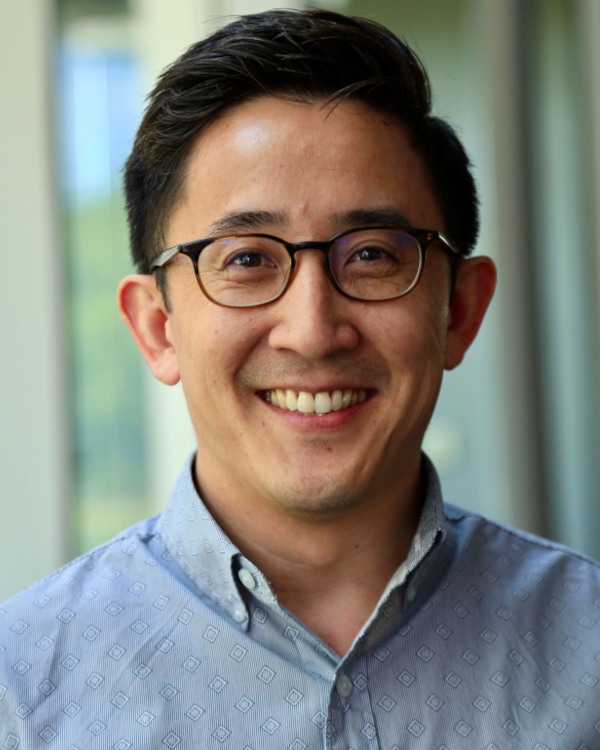
Gabe A. Kwong, Ph.D.
Georgia Institute of Technology
Project Title: Finding Sleeping Beauty: T Cell Biosensors for Dormant Cancer Detection
Grant ID: DP1-CA280832
Gabe Kwong is an Associate Professor of Biomedical Engineering at the Georgia Institute of Technology and Emory School of Medicine. He graduated from UC Berkeley with a B.S. in Bioengineering, received his Ph.D. in Bioengineering from Caltech, and conducted postdoctoral studies at MIT. Dr. Kwong directs the Laboratory for Synthetic Immunity where his team merges immunology with bioengineering approaches to develop new tools and technologies that can sense, modulate and control immune cell function. His work impacts broad arenas in human health including earlier cancer detection and cell-based immunotherapies, and have led to the founding of several biotechnology companies.
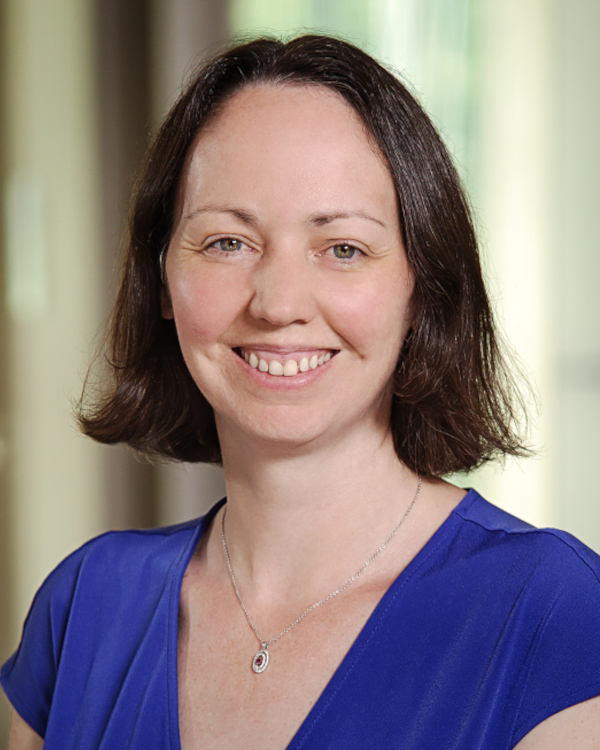
Celeste M. Nelson, Ph.D.
Princeton University
Project Title: Mechanical Clocks During Fetal Development
Grant ID: DP1-HD111539
Celeste M. Nelson is the Wilke Family Professor in Bioengineering and a Professor of Chemical & Biological Engineering and Molecular Biology at Princeton University. She earned S.B. degrees in Chemical Engineering and Biology from MIT, a Ph.D. in Biomedical Engineering from the Johns Hopkins University School of Medicine, followed by postdoctoral training in Life Sciences at the Lawrence Berkeley National Laboratory. Her laboratory specializes in using microfluidics, engineered tissues, and computational models to understand how mechanical forces direct developmental patterning events during tissue morphogenesis. Her group is best known for revealing how mechanical forces from the mesenchyme sculpt morphogenesis of the epithelium. Her group’s contributions to the fields of tissue mechanics and morphogenesis have been recognized by a number of awards, including the Burroughs Wellcome Fund Career Award at the Scientific Interface, a Packard Fellowship, a Faculty Scholar Award from the Howard Hughes Medical Institute, and a Mid-Career Award from the Biomedical Engineering Society.

Amanda Randles, Ph.D.
Duke University
Project Title: Dynamic Models of the Cardiovascular System Capturing Years, Rather than Heartbeats
Grant ID: DP1-AG082343
Funded by the National Institute on Aging
Amanda Randles is the Alfred Winborne Mordecai and Victoria Stover Mordecai Assistant Professor of Biomedical Sciences at Duke University. Amanda received her Ph.D. in Applied Physics and Master’s degree in Computer Science from Harvard University and her Bachelor’s degree in Computer Science and Physics from Duke University. Prior to graduate school, she worked as a software engineer at IBM on the Blue Gene supercomputing team. Her laboratory develops new technologies using physics-based modeling, high performance computing, machine learning, and computational fluid dynamics to investigate mechanisms driving disease localization, progression, and treatment. She has been selected as an NIH Early Independence Awardee, an NSF CAREER Awardee, the ACM Grace Murray Hopper Awardee, named to the MIT Technology Review World’s Top 35 Innovators list and is a Fellow of the National Academy of Inventors.
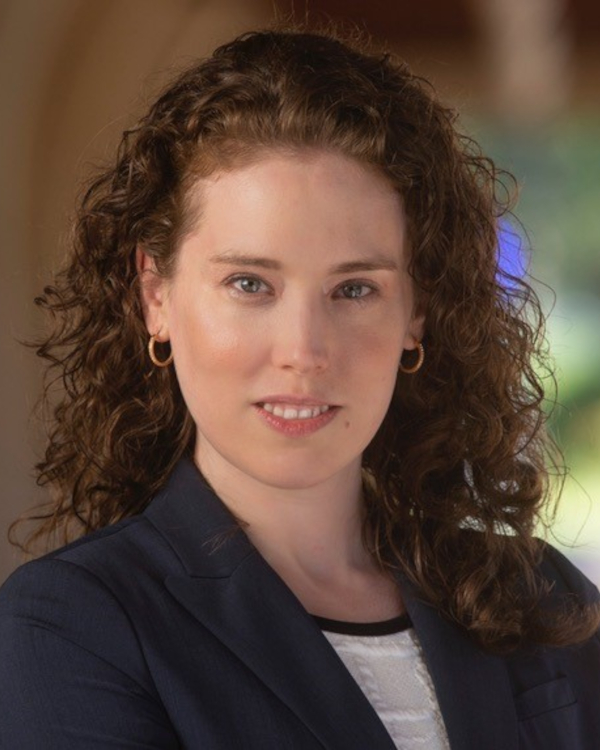
Sherri Rose, Ph.D.
Stanford University
Project Title: A Framework for the Social Impact of Algorithms in Health Care
Grant ID: DP1-LM014278
Sherri Rose, Ph.D. is an Associate Professor of Health Policy and Co-Director of the Health Policy Data Science Lab at Stanford University, where her research is centered on developing innovative statistical machine learning approaches to improve human health and health equity. Within health policy, Dr. Rose works on risk adjustment, ethical algorithms in health care, comparative effectiveness, and health program evaluation. In 2011, she coauthored the first book on machine learning for causal inference, with a sequel text released in 2018. Her honors include an NIH Director’s Pioneer Award, an NIH Director’s New Innovator Award, and the Mortimer Spiegelman Award, which recognizes the statistician under age 40 who has made the most significant contributions to public health statistics. Dr. Rose received her Ph.D. in Biostatistics from the University of California, Berkeley before completing an NSF Mathematical Sciences Postdoctoral Research Fellowship at Johns Hopkins University.
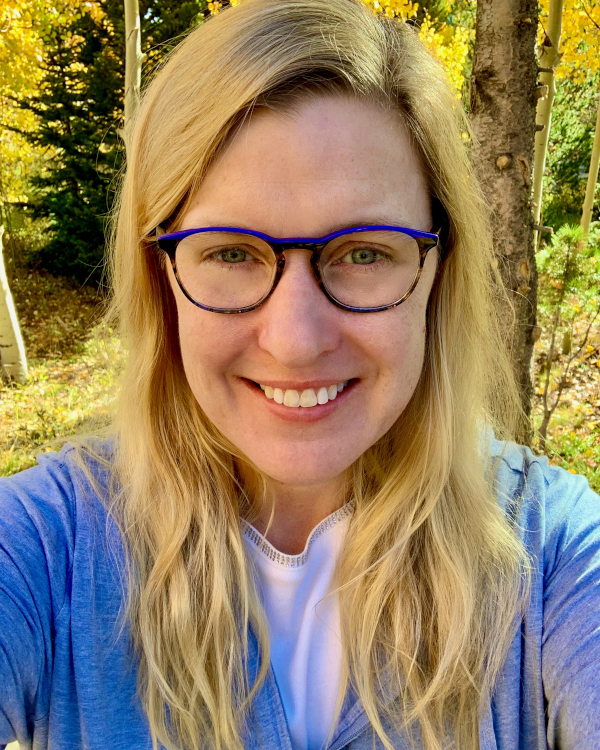
Sara L. Sawyer, Ph.D.
University of Colorado, Boulder
Project Title: Breaking the Barrier to an HIV Vaccine
Grant ID: DP1-AI175471
Dr. Sara Sawyer is a Professor at the University of Colorado Boulder. She has received national and international prizes in virology. In 2011 she was as awarded the Presidential Early Career Award for Scientists and Engineers (PECASE) by President Barack Obama at the White House, for which she was nominated by the National Institutes of Health. In 2022, she was awarded the NIH Director’s Pioneer award. She serves as a Senior Editor at the journal eLIFE, and as a government consultant on the topic of pandemic preparedness. In 2020, she co-founded Darwin Biosciences, an infectious disease diagnostics company located in Boulder, Colorado. Her research focuses on animal viruses that jump to humans.


